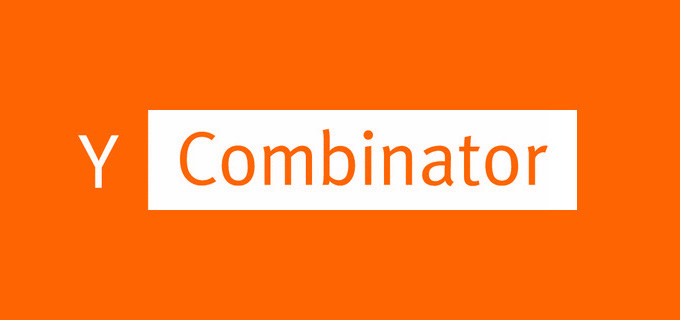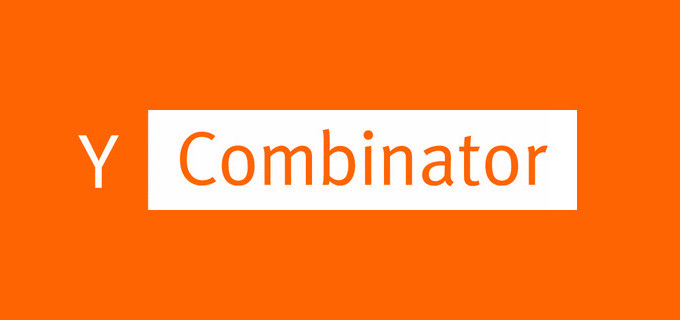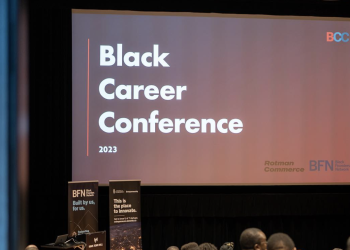So, it’s Rejection Day. Or as YC applicants call it, “The Great Silence of June.” Thousands of eager founders worldwide woke up, opened their emails with the tremble of anticipation, and saw… nothing. Or worse: the two-line “thank you, but no” that landed like a punch to the gut.

Thankfully, this isn’t like applying for a US or Schengen visa. You’re not losing thousands of dollars and your passport for two weeks. Scratch that, we’re not going political. But let’s not pretend this doesn’t sting. Rejection always stings, especially when you’ve poured your heart, strategy, sleepless nights, and self-worth into an application. You want to know what went wrong. You’re not alone.
Here’s the truth, delivered with clarity YC itself won’t give you. It’s not about what was wrong. It’s about what wasn’t right enough.
We’ve spoken to over ten co-founders from different YC batches — spanning software, hardware, fintech, climate, and social impact. We’ve reviewed the actual pitches that got accepted. What we saw wasn’t magic. It wasn’t perfection. It was edge. Urgency. Story. Velocity. Timing. In many cases, it was just a better fit for YC’s internal model — not necessarily a better idea.

So, if you’re still wondering why your application didn’t make the cut, here’s your personalised breakdown.
1. You Got Rejected Because the Top One Percent Were Outrageously Good
Let’s be honest. Every batch has twenty to fifty companies that are just undeniable. Moonshots. Outliers. People solving problems that most of us won’t even dare to touch. You didn’t lose. They just won louder.
Feedback:
Being very good is no longer enough. Be category-defining or be forgotten. The average age of obscurity is shrinking fast.
2. Your Traction Was Either Too Early or Too Late
Harsh, but true. If you were too early, you were competing with dreams. If you were too late, you were up against companies with one million dollars in annual revenue wondering why they even applied. You got lost in the in-between.
Feedback:
Don’t apply to YC to get traction. Apply when your traction makes them say “Why haven’t we heard of you before?”
3. You Were Good. Just Not “Punch-in-the-Face” Good
YC isn’t grading on a curve. They’re not giving out 90s and 80s and drawing a neat little cut-off. They’re picking only the applications that slap them across the face with brilliance. The ones that make them sit up, cancel lunch, and text each other saying “You need to read this now.”
If your idea was solid, your traction impressive, and your team experienced, that’s good. But not good enough to make them stop reading the next hundred applications.
Feedback:
You’re in the top 30 percent, but YC is only taking the top 2 percent. Don’t conflate “not invited” with “not worthy.”
4. There’s No Formula. So Stop Looking for One
YC said it themselves. Most applications are good. That’s the paradox. You weren’t rejected because your deck was bad, or your market sizing was off, or your team lacked conviction. You were rejected because they have a cap. The limit isn’t you. It’s batch size.
Feedback:
Stop trying to game the YC application. You can’t. This isn’t JAMB or SATs. Focus on building something that makes noise.
5. Your Application Didn’t Spark Obsession
YC doesn’t invest because something is nice. They invest when it’s inevitable. When the idea glows like radioactive gold. When the founder’s story makes them want to argue with each other in the Slack thread. If no one at YC felt personally obsessed with your idea, you’re out.
Feedback:
Find the soul of your startup and make it punch. Don’t pitch a product. Pitch a revolution disguised as a solution.
6. You’re Mistaking Silence for Indifference
You’re angry there’s no personalised rejection letter. But think about it. If your company truly has what it takes, a rejection shouldn’t stop you. YC is betting on momentum, velocity, and resilience. If a soft “no” is enough to demotivate you, you’ve proved them right.
Feedback:
Real founders don’t ask for reasons. They create results that make future reasons irrelevant.
7. YC Can Only Work With a Limited Number of Teams
There’s a very real operational ceiling. YC has a finite number of partners, and each one can only mentor so many companies in a batch. Their model isn’t built for mass coaching. It’s built to double down on companies they believe have exponential potential. That’s not a reflection of your worth. It’s a reflection of YC’s bandwidth.
Feedback:
This is less about whether your company is viable, and more about whether YC felt they could accelerate it faster than you already are. Sometimes, they simply don’t have the internal capacity to bet on your trajectory — even if it’s promising.
8. They Are Not Trying to Be Fair. They Are Trying to Bet on Winners
YC isn’t a university admissions office. They’re not rewarding effort, talent, or even preparation. They are betting on a small set of founders who they believe can become unicorns and reshape entire categories. It’s not about fairness. It’s about pattern recognition, gut instinct, and portfolio strategy. They are venture capitalists, not gatekeepers of truth.
Feedback:
Don’t seek fairness in venture capital. Seek clarity. Understand their goals so you can design your own path — with or without them.
So… What Now?
You take this rejection and reframe it. You keep building. You become undeniable. YC is not your god. They’re just one of many gatekeepers. Helpful, yes, but not necessary. If your startup changes lives, builds numbers, attracts users and VCs, the same partners who ghosted you today will send warm intros next batch.
Or maybe, when you finally do raise that Series A without them, they’ll reach out. Quietly. Politely. Regretfully.
You won’t hold a grudge. But you’ll remember this moment.
And maybe next time, you’ll be the one doing the rejecting.
TL;DR YC Rejection Feedback, Personalised Just For You:
- You weren’t bad. Just not brilliant enough yet.
- You weren’t wrong. Just not right right now.
- You don’t need their yes. You need your own inevitability.
- They can’t back everyone, even if everyone is good.
- They aren’t looking for fairness. They’re looking for upside.
- We’ve seen the winners. We’ve spoken to the insiders. And trust us, your journey is far from over.













